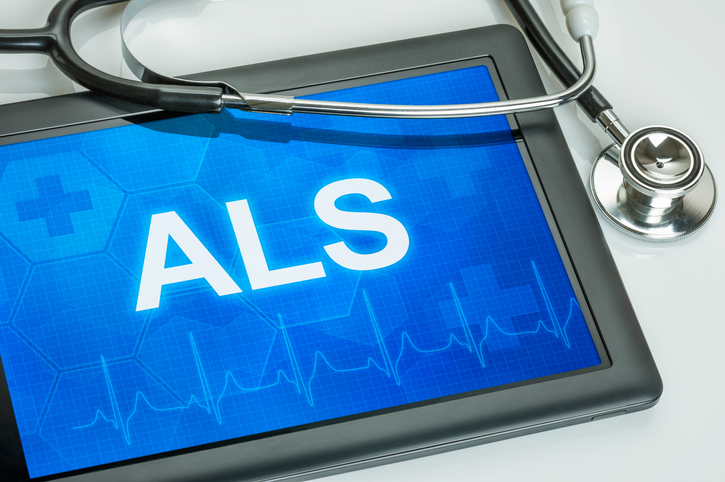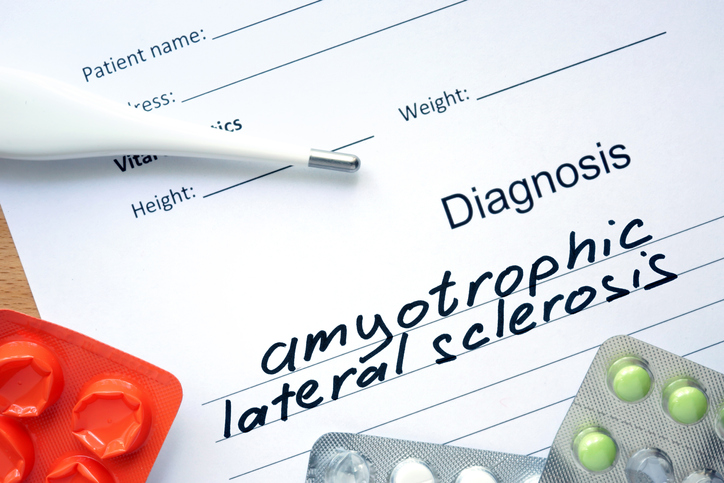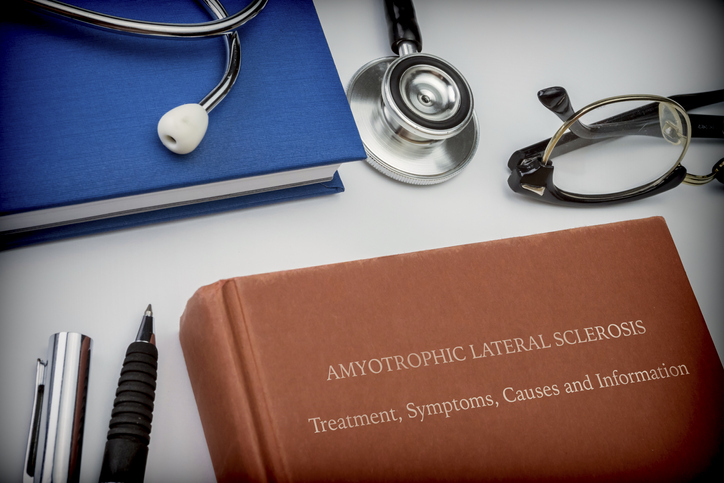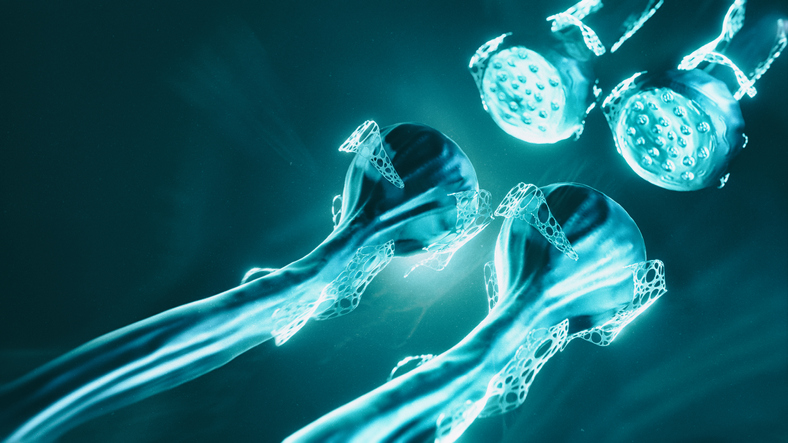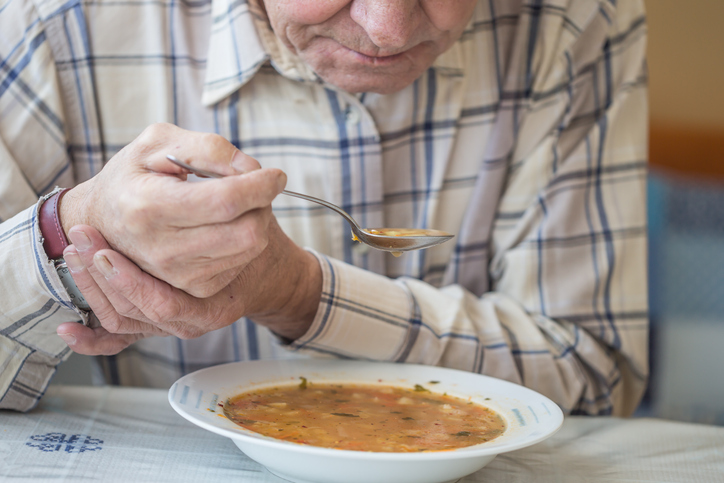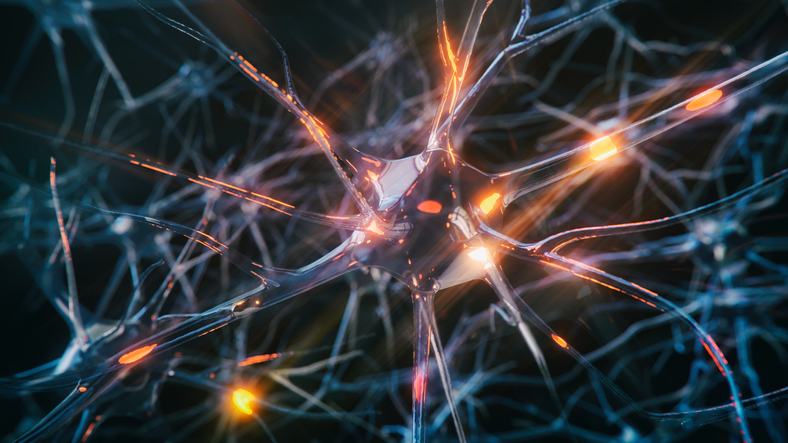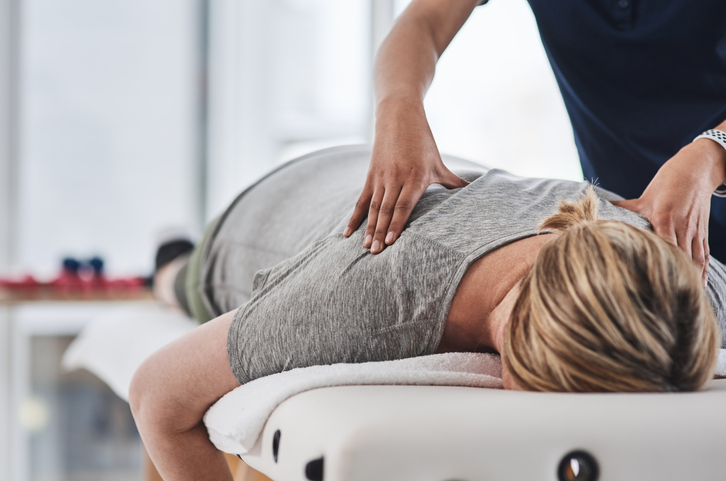Pain
Conventional Medical Treatments for Amyotrophic Lateral Sclerosis (ALS)
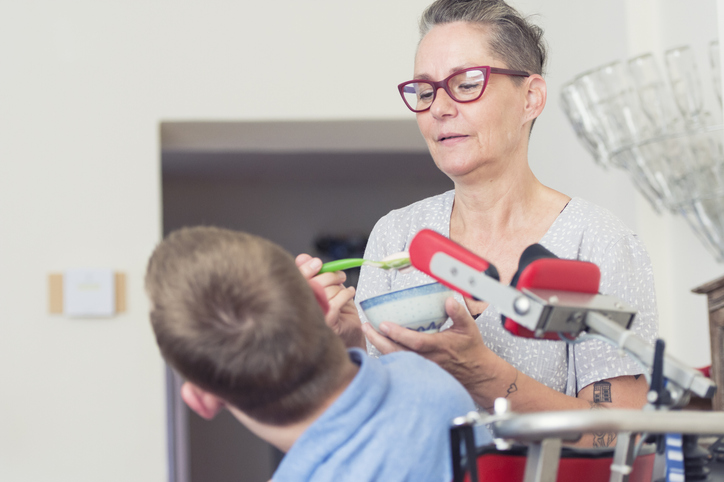
What is amyotrophic lateral sclerosis?
Amyotrophic lateral sclerosis (ALS) is a motor neuron disease in which the motor neurons that control movements such as walking, talking, and breathing become damaged. As the nerve cells deteriorate and die, they stop sending signals from the brain to the muscles. The muscles weaken and atrophy until the brain can no longer send signals to the muscles, causing paralysis.
Treatment options
There is no cure for amyotrophic lateral sclerosis, but certain treatments can help manage symptoms and slow disease progression. Treatments include medications and various supportive therapies.
Medications
Two medications can help slow the progression of ALS and extend life expectancy: riluzole and edaravone. These medications can help slow down damage to the motor neurons, but damage that has already occurred cannot be reversed.
Other medications that may be prescribed to help manage the symptoms of ALS include, but are not limited to, the following:
- Pain relievers
- Muscle relaxers
- Medications to reduce excess saliva production, such as glycopyrrolate
- Antidepressants
- Sleep aids
- Medications to reduce or prevent involuntary outbursts of laughing or crying
- Medications to treat constipation
Supportive therapies
Supportive therapies that may improve quality of life include the following:
- Physical therapy helps to keep the muscles as strong as possible for as long as possible.
- Occupational therapy can help maintain mobility and independence with the use of mobility devices, such as braces, walkers or wheelchairs, and adaptive equipment for everyday activities, such as dressing, bathing and eating.
- Speech/language therapy can help with speech volume and clarity. Computer-based speech synthesizers or other assistive devices may be needed as the disease progresses.
- Nutritional support can help ensure nutritional needs are met. A nutritionist can recommend foods that are easier to chew and swallow. Eventually, a feeding tube of some type may be required.
- Respiratory support includes noninvasive ventilation (NIV), mechanical cough assist devices, or mechanical ventilation through a respirator.
- Psychotherapy can help individuals and their family members deal with the stress associated with ALS.
